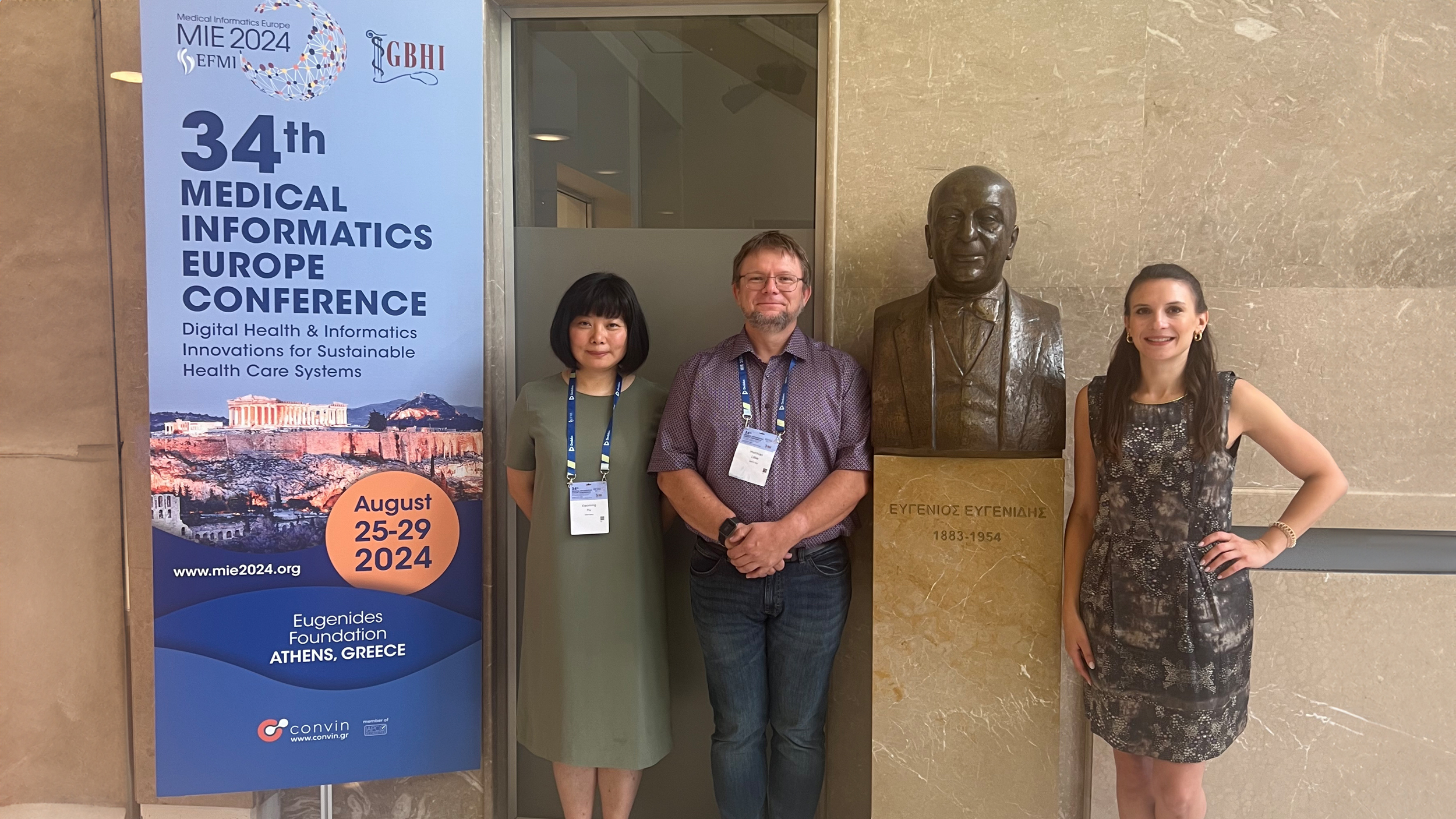The first workshop of the Medical Informatics Europe conference (MIE), ‘FAIRness4FHIR: Aligning the FAIR data principles and HL7 FHIR profiling’ on Wednesday, discussed ways in which the HL7 FHIR® profiles can be used according to the FAIR principles. In addition to the EFMI FAIR Data Working Group and the FHIR4FAIR Implementation Guide, various initiatives that specify metadata in FHIR were presented in the workshop, which was very well attended with 36 participants. One example is NFDI4Health. In a subsequent interactive Q and A session, the participants noted that there is a great need for real implementation examples for clinical and epidemiological entities, that is, that the mere limitation to abstract specifications is often not sufficient. In addition, it was articulated that these examples should not only cover the area of clinical use cases, but should also cover other fields such as OMICs data, adverse events, or dynamic consent. The workshop ended with a discussion on possible FHIR constructs to support the FAIR principles in FHIR.
The second NFDI4Health workshop on the last day of the conference was entitled ‘From Principles to Practice: Accelerating FAIR Data Management Training in Health Research for Trainers and Trainees’. The workshop started with an introduction to our NFDI4Health training concept. After that, existing training resources in the field of Open Science and FAIR Research Data Management were collected and their strengths and weaknesses discussed. A consensus emerged among the participants that although the range of resources is sufficiently comprehensive, there are few offers for gaining an overview of specific questions or challenges. One result of the workshop was that the participants aim to initiate a European network for FAIR training, present resources in a repository, and continue the endeavours at the next EFMI MIE 2025 in Glasgow.
We are delighted that the NFDI4Health contributions were so well received and look forward to further developments.
 English
English  Deutsch
Deutsch 
